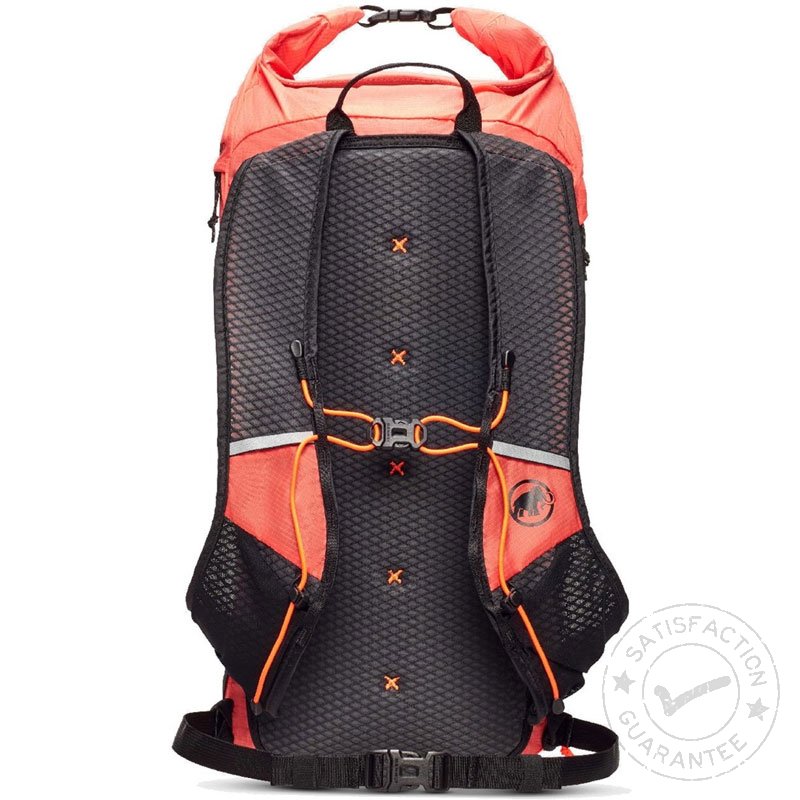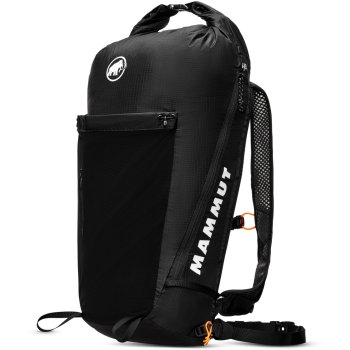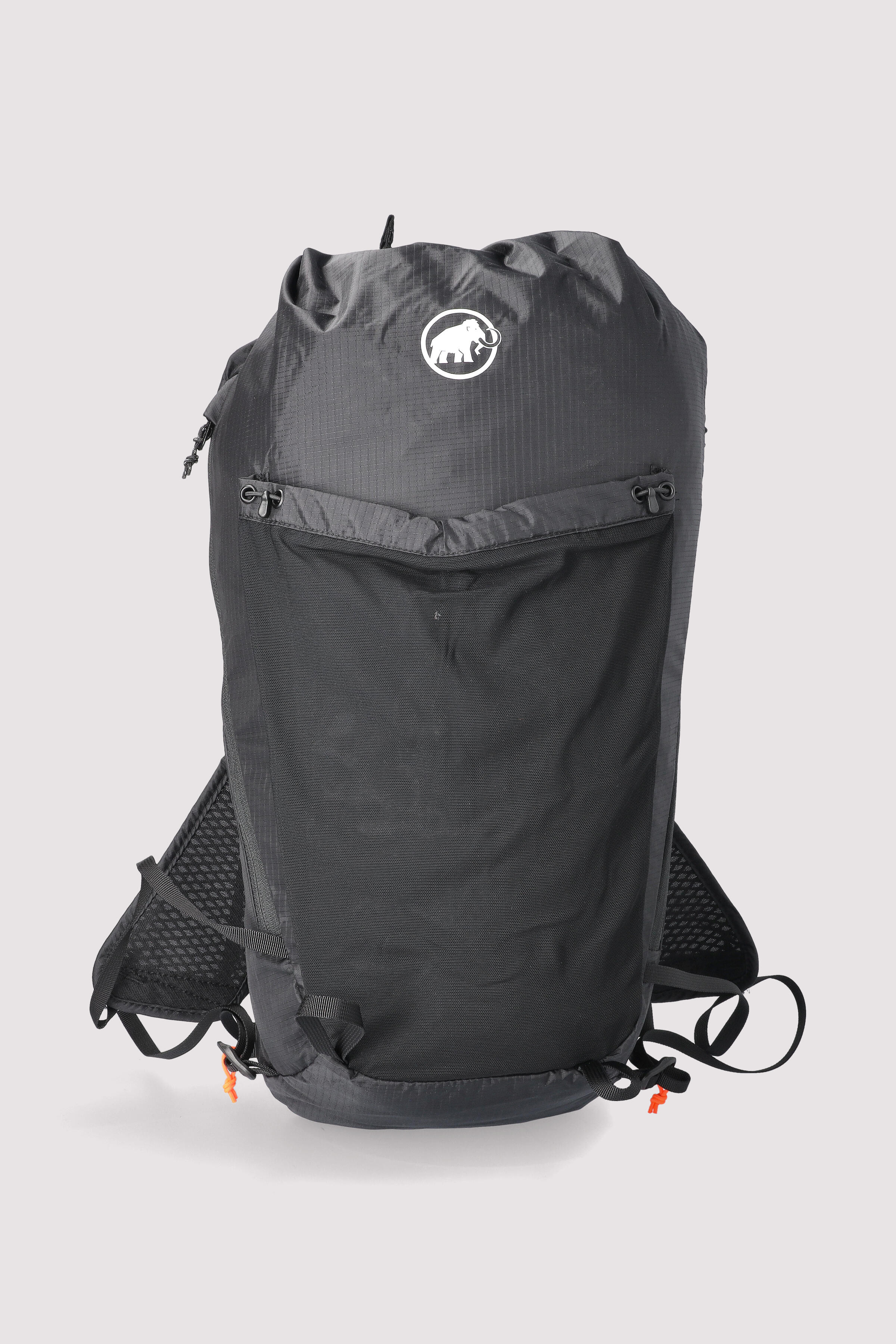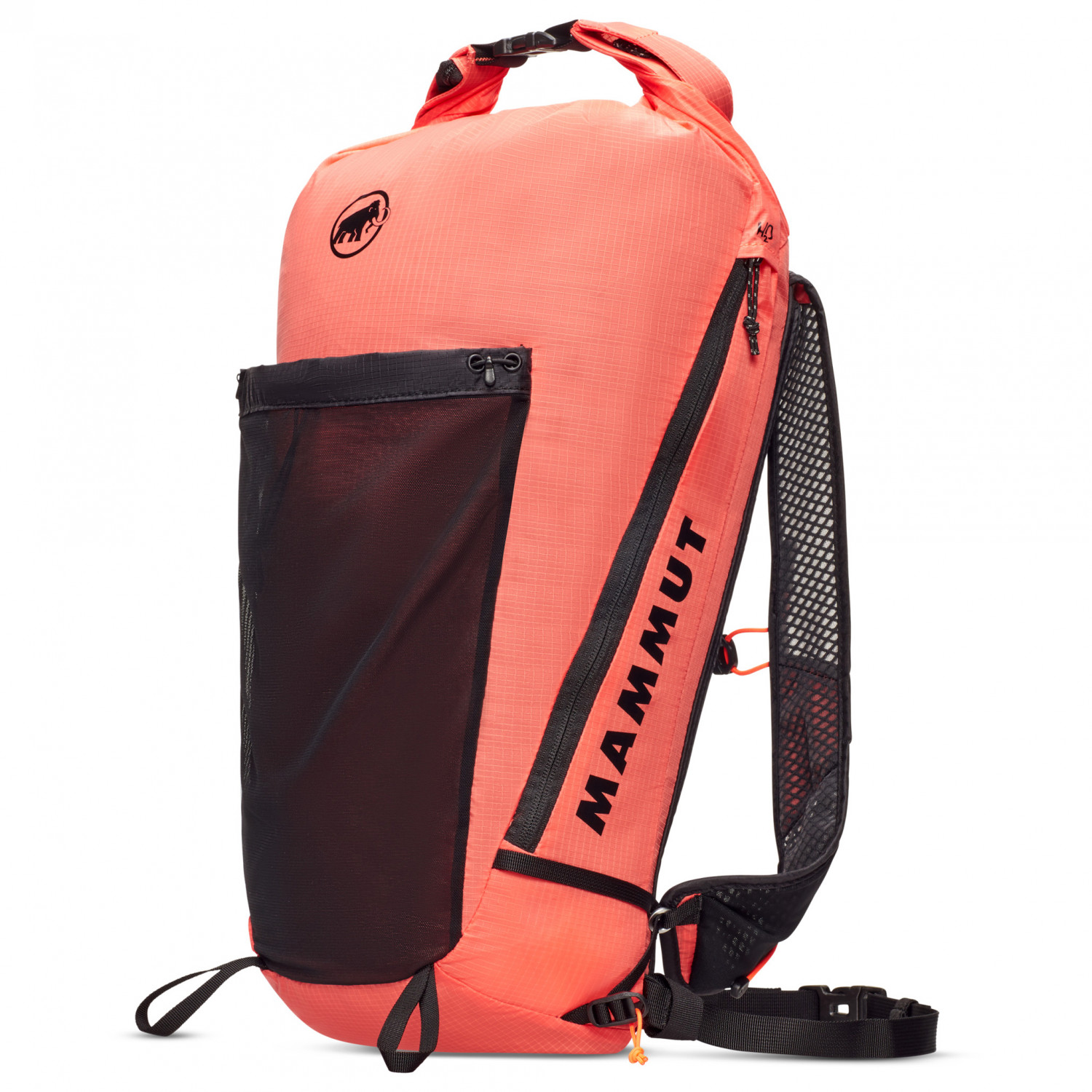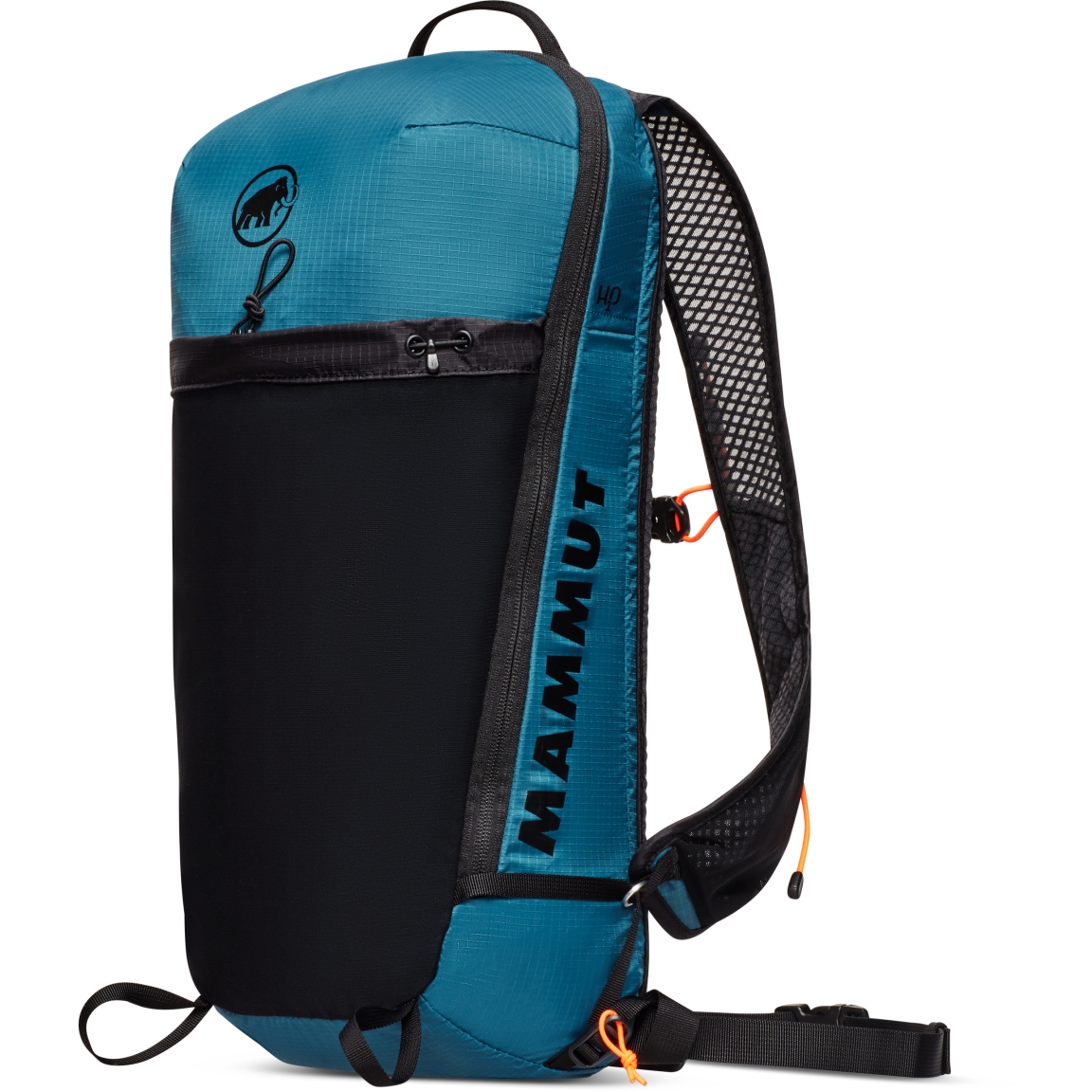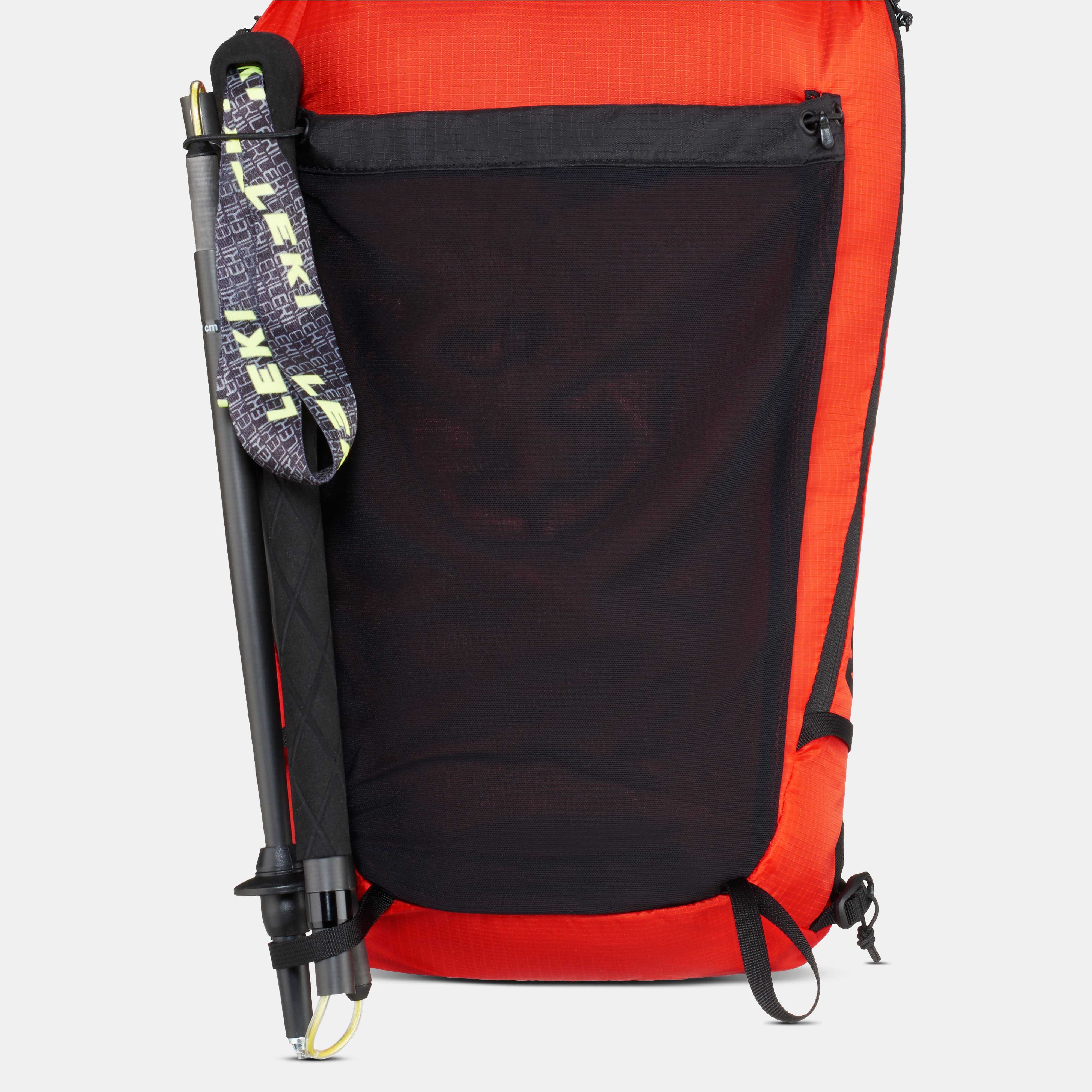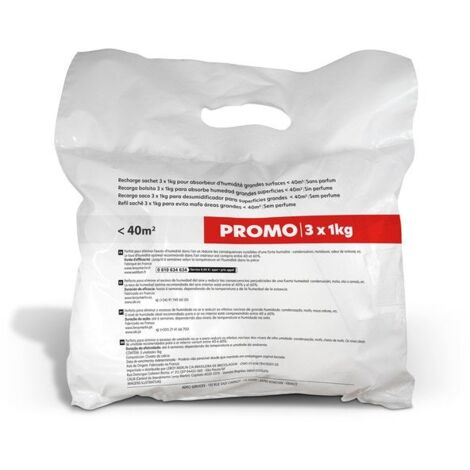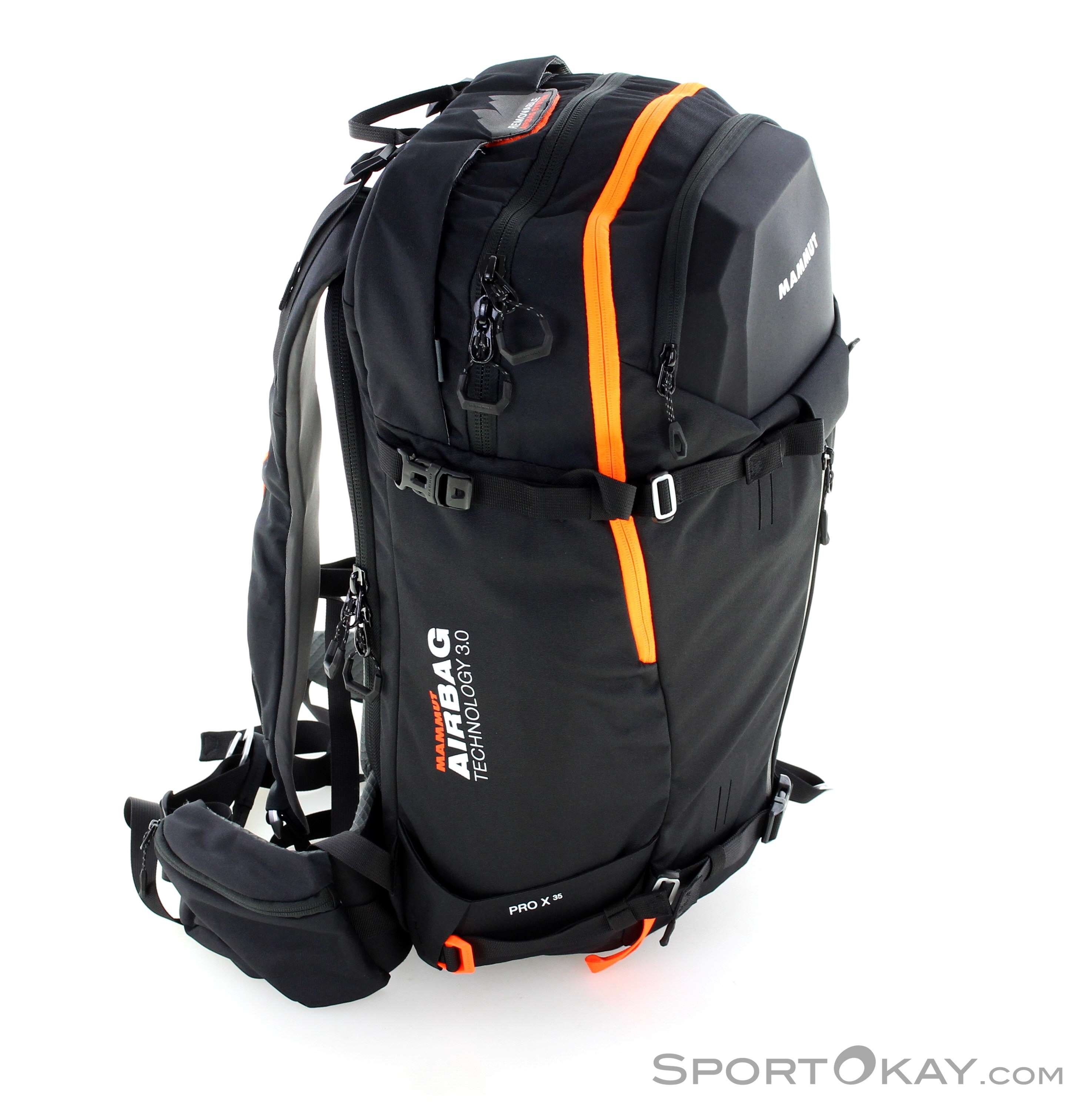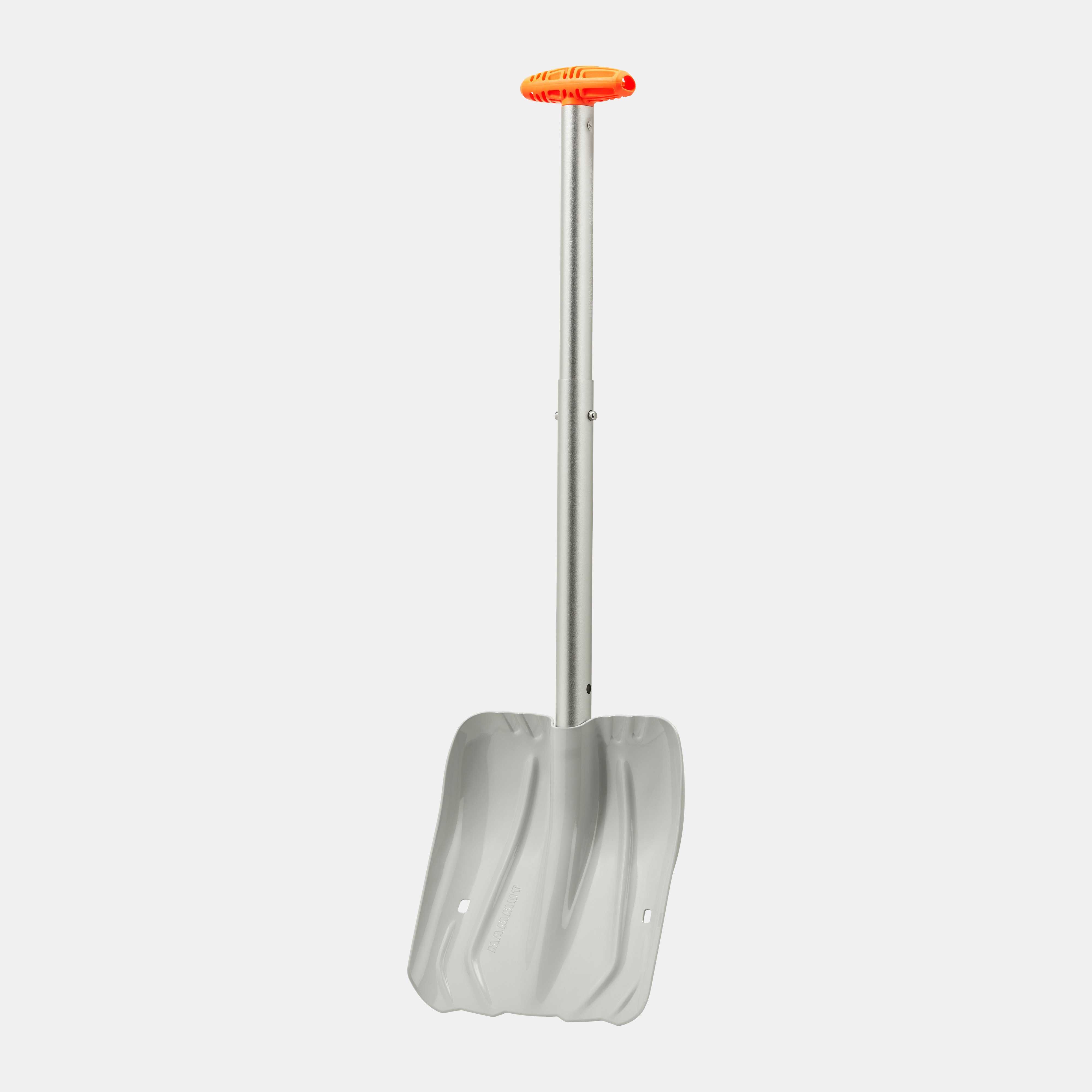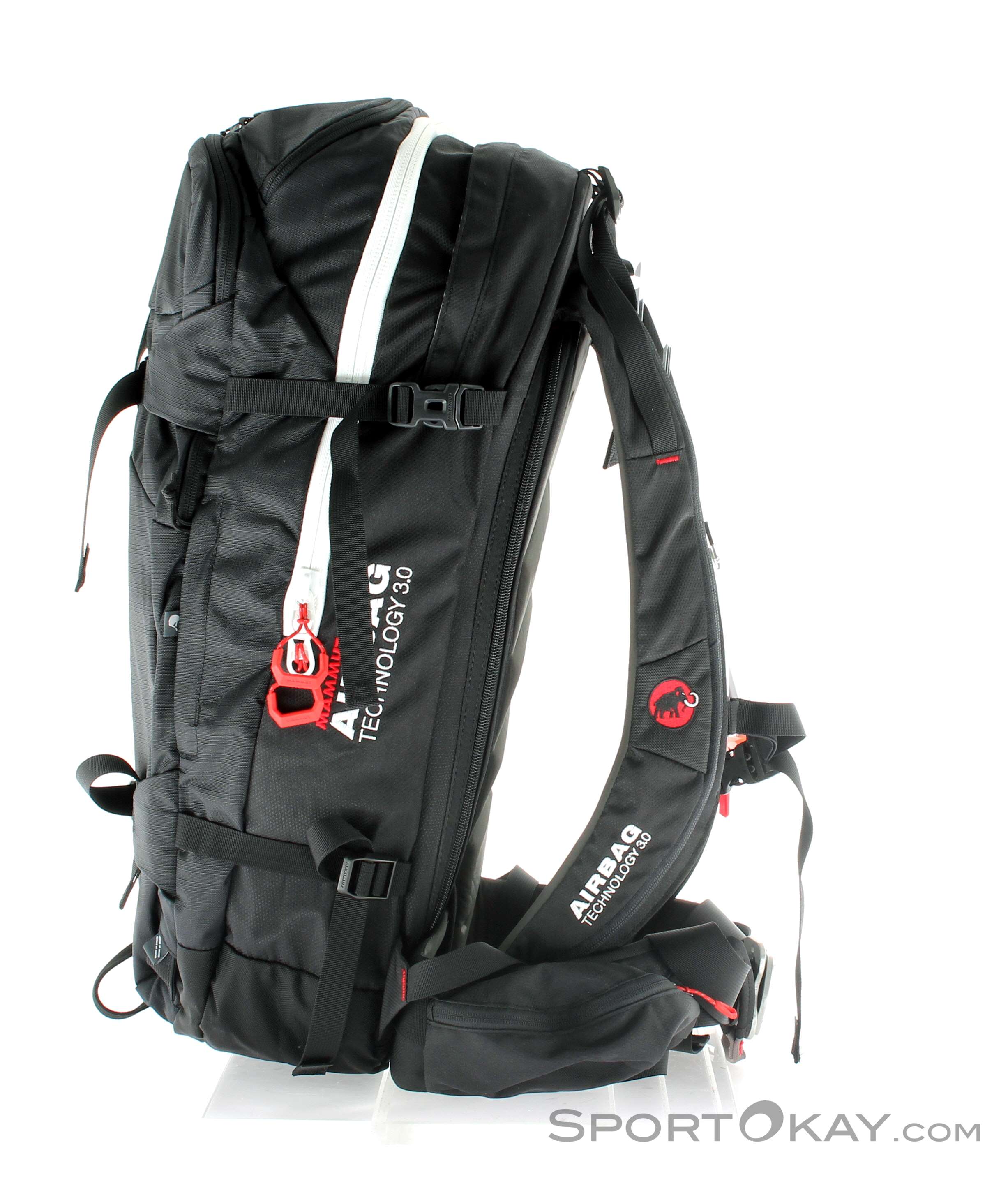52€
Consegna
A casa tua
Gratuito
- Resi gratuiti entro 30 giorni
Prodotti simili che potrebbero interessarti
Questi articoli potrebbero interessarti !

Longchamp 3-d Leather Crossbody Hobo In Vermillion
24€

Vestito A Maniche Corte Con Tulle E Sangallo - BIANCO - Neonata - 15.00
39€

Nolan Arenado Hits Go-ahead Home Run In Cardinals Win
34€

T-shirt Tribu Desigual - Imprimé Animaux Et Messages 100
5€
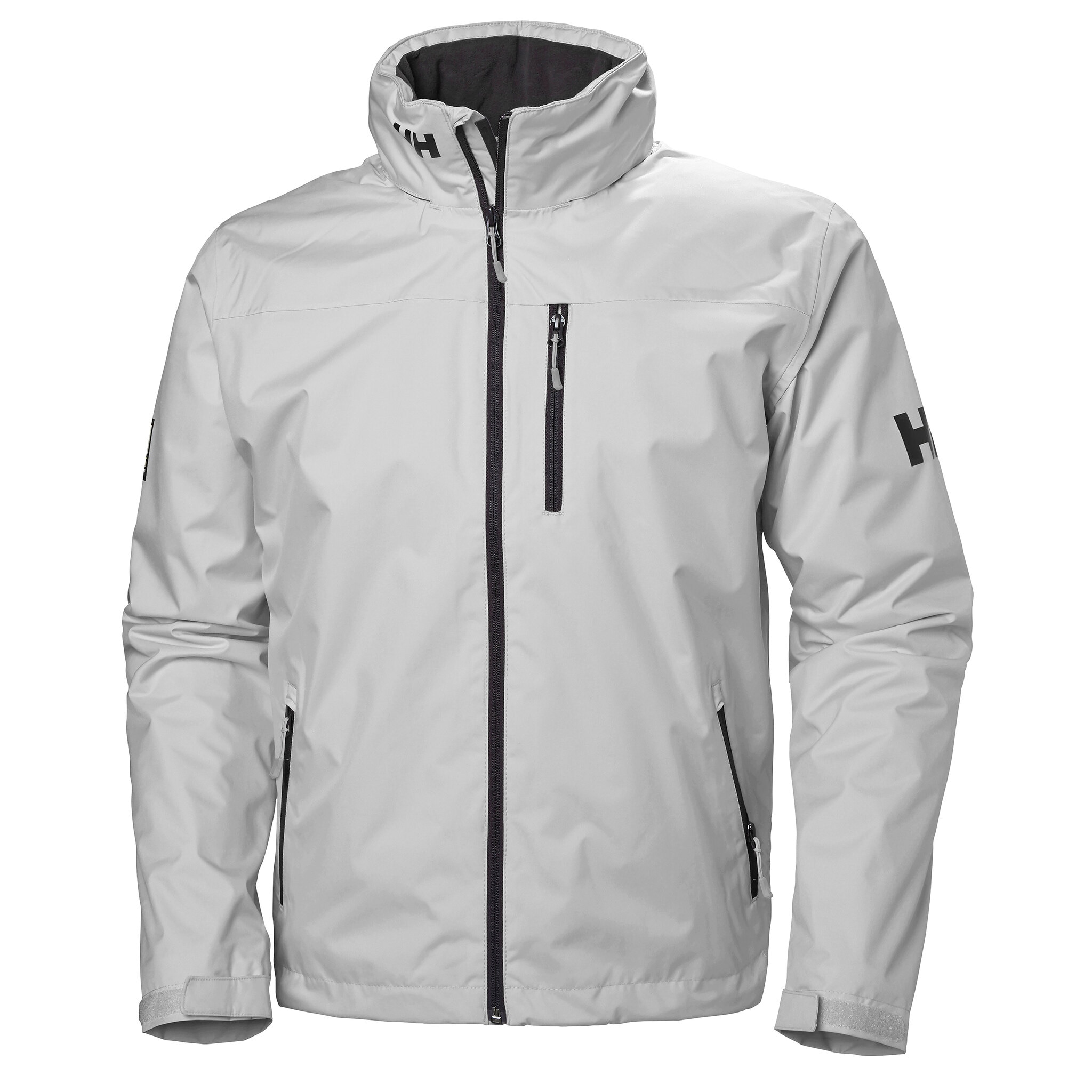
Helly Hansen Holmen Ss Shirt - Catalog | Nencini Sport
3€
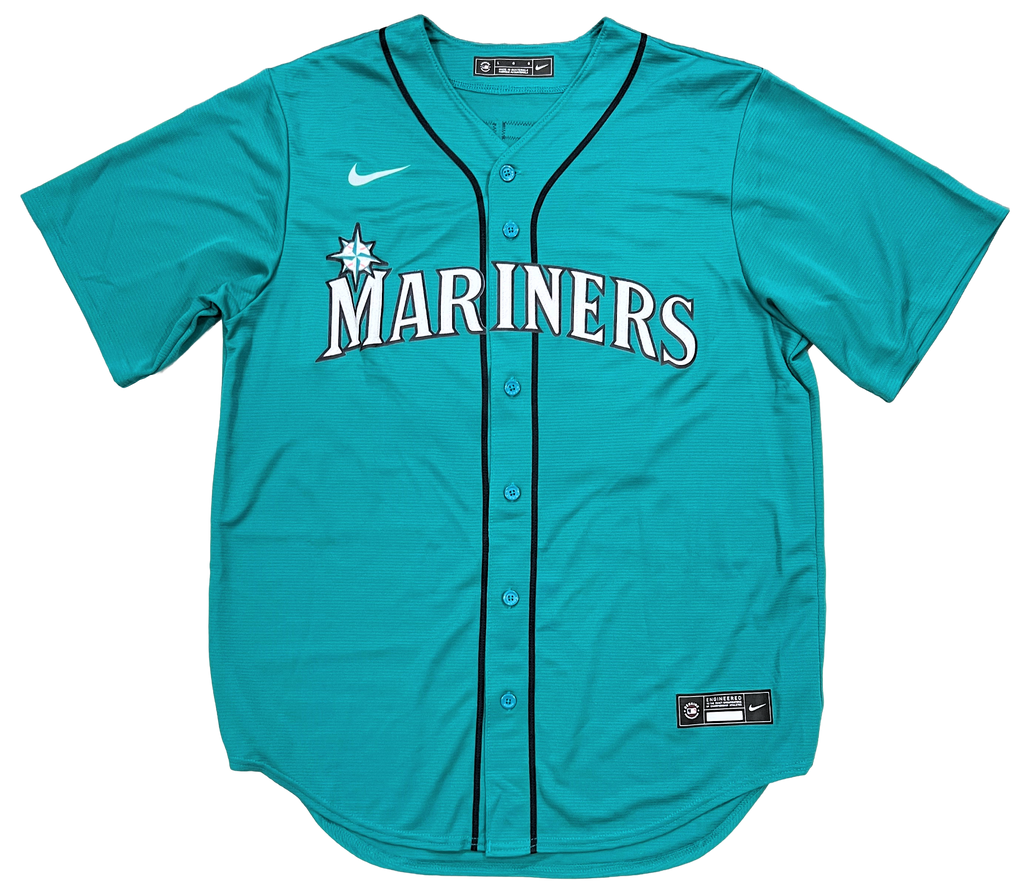
Polo Dri-FIT De La MLB Para Hombre Seattle Mariners Authentic Collection Victory Bryl3tsj
57€

Steve Madden | Stivaletto Texano Cafe Nero – Lemlò
37€

Polo A Maniche Lunghe In Cotone Con Stampa Bambino MILK A0E4B01060 | Petit Bateau
39€
Dettagli del prodotto
Confronta 4 offerte per Mammut Aenergy 18 a partire da 71,99 Trion 15 Review Mammut AENERGY - Zaino Con Cannuccia - Black Mammut Aenergy Black Outlet Caratteristiche Spallacci larghi ed ergonomici Dettagli riflettenti Costruzione leggera Realizzato principalmente con tessuti riciclati Chiusura a rotolo per un volume maggiore (da 18 a 20L) Compatibile con sistema di idratazione Dettagli del prodotto Adatto per Escursionismo Numero articolo 2530-00880 Sistema di sospensione CONTACT Copertura antipioggia No Dimensioni Taglie Lunghezza Altezza Lunghezza schiena (sistema di taglie) Larghezza Peso [g] 18 L 17,00 cm 46,00 cm M (46 cm) 23,00 cm 380 g Materiali Materiale principale 100% Poliammide Lo zaino da escursionismo più leggero di Mammut, con un'imbottitura dorsale spessa solo il necessario, ma con materiali traspiranti e spallacci ergonomici
Recensioni
5/5
Valutazione globale su 704 recensioni dei clienti
5
4
3
2
1

